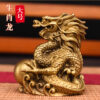夫將兵者,不戰則守,不守則走,不走則逃,不逃則死。- 司馬懿
In military, if you do not attack, defend; if you do not defend, retreat; if you do not retreat, flee; if you do not flee, die – Sima Yi
The Chinese has a saying: The business world is like a battlefield. The stock market is an extension to the world of business. Sitting in front of a computer in a comfortable office or home, many do not truly realise that the zero sum game of stock trading is actually also a big PvP (a gaming term meaning player vs player) arena where people go all out to ‘kill’ each other. Every cent of profit is another person’s hard-earned money which we robbed.
Today I will explain my investment and trading strategy, grounded on arts of war.
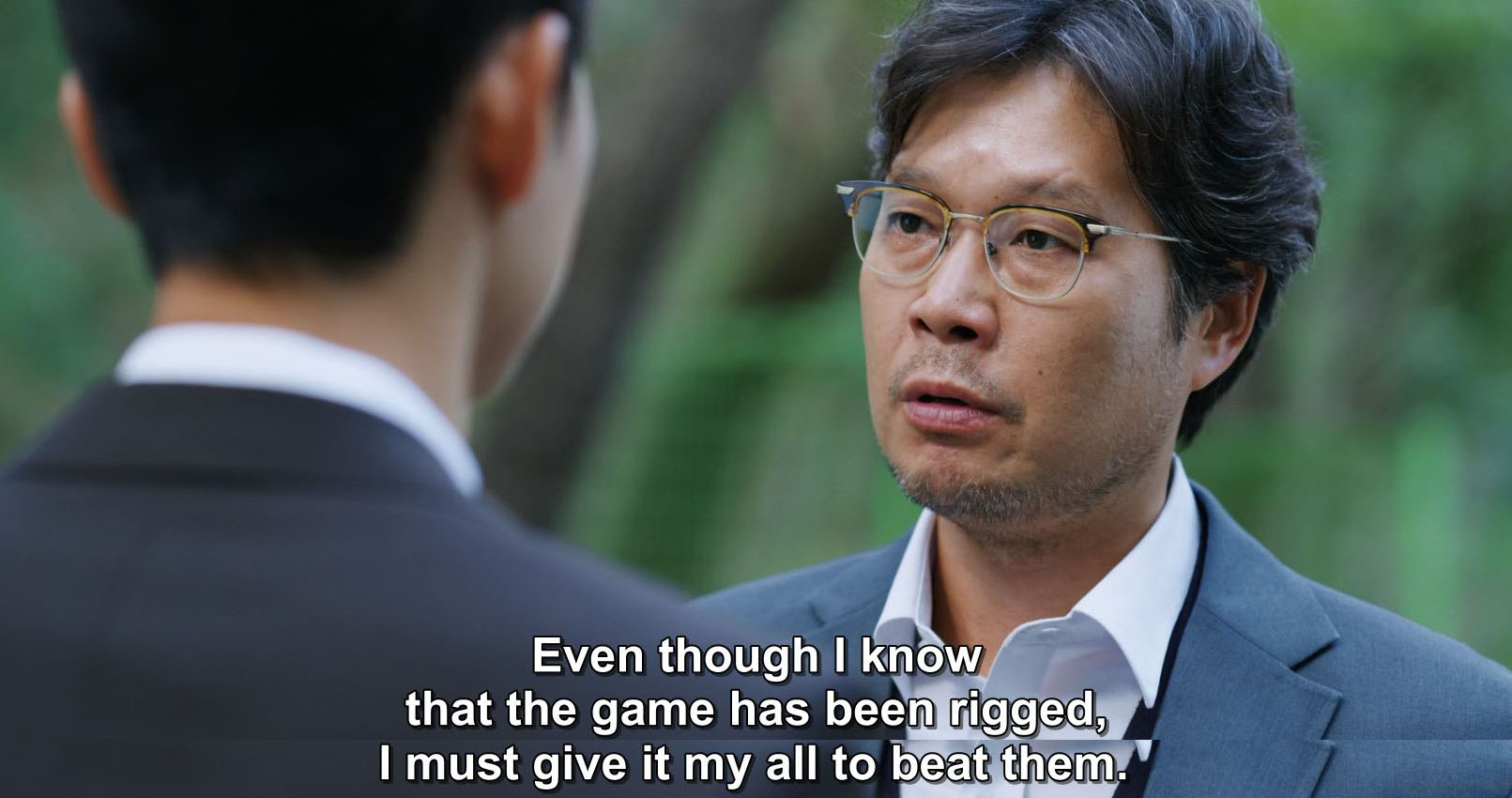
Attack: Fu Shou Yuan is one of the stocks I am very confident in but for some reason the price has been falling. I first bought at $4.15 but now it has fell to $2.90 at the time of writing. Just like in a battle, the general will always send out the troops in waves. If the first wave does not succeed, a second wave will continue, and then a third and so on. Similarly, for every 5% drop in price, I send in another wave of funds to buy and average down the cost. That the price fall this much is not something I had expected but something which I had prepared for, and so I continued to ‘attack’, believing that one day the tide will turn in my favour.
Defend: Earlier this year I had put in a fair bit of money into the crypto-currency Ethereum. Unfortunately it fell all the way to around 1400 USDT at the lowest. I had continued to ‘attack’ for a bit, but when I hit the average price of 2350 USDT per coin, I decided to switch to defence and simply just hold. I did not buy any more as prices continued to drop because I did not dare to do so. But having bought spot coins, I knew all I needed to do is to simply hold. And that I did. Ethereum is at about 4500 USDT per coin now at the time of writing. My strategy of simply holding when I could no longer inject any more funds served me well. I managed to come back with a good profit. But, because I did not risk ‘attacking’, my rewards from this battle is lower compared to if I did. This, we also must know. More risk, more reward. But as with all battles, we should not risk unnecessarily.
Retreat: Nothing much to say. It is like setting a stop-loss order and walk out when the tide turns against you. You lose a bit, not much. You still have the bulk of your forces (funds) with you.
Flee: Often the financial markets catch you off-guard. The crypto market does that all the time. Not that uncommon in the stock market. I mean, even oil can reach -$20 per barrel. When horrors like this happen and it is way out of your expectations and preperations, quickly cut off and run with what remaining you have. You probably would have lost an arm and a leg, but you live to fight another day.
Die: When you do nothing, whether it is because you are unable to react or refuse to act, but depend on nothing but luck to save you, then you are likely to die (liquidated).

孫子曰:凡用兵之法,馳車千駟,革車千乘,帶甲十萬,千里饋糧,則內外之費,賓客之用,膠漆之材,車甲之奉,日費千金,然後十萬之師舉矣。
Sun Tzu said: In the conduct of war, when a thousand swift chariots, a thousand heavy chariots, and a hundred thousand armored troops are mobilised, and provisions must be transported a thousand li (a measure of distance) away, the expenses—both internal and external, for diplomatic envoys, for materials such as glue and lacquer, and for the upkeep of armor and vehicles—will amount to a thousand pieces of gold per day. Only then can an army of one hundred thousand men be raised.
What we need to gather from this is simply that before one goes to war, there is a lot of preparation to do. Before we sink in our hard-earned money of perhaps $100,000 into the financial markets, have we done enough preparation? Have we read about the international affairs and domestic situation of the country? Have we done research on the company we are investing in? Have we any back-up plans? Have we ensured a steady flow of funds should things go wrong? Are we prepared to fail?
Yet, many decided that all these is not important. They will raise $100,000 to go in without preparation.

Let’s say now Sun Tzu has prepared everything that he said he should, and now he stands in front of the enemy. But all of a sudden he turned to you and say, “I will go all in! 100,000 soldiers will charge in the first wave!” What do you think will the King of Wu (whom Sun Tzu serves) will think? What will you think? Certainly it is unwise to do that. Common sense tells us that we should send the soldiers in waves, like what I had mentioned earlier.
Yet why do so many people go all in in their opening trade? Even if they do not go all in, many opt to put in a very substantial amount in the opening. Some will argue that this is different from war. In the stock market, if we do our homework well enough, if we can time it well enough, going all in is the only way. If we are too conservative, we will miss out on a lot of potential profits and you are wasting all your homework and preparation. True, but not many can time the market well enough, and certainly the risks are too big for the rewards.

In the Battle of Maling in 342 BC, the state of Qi engaged in battle with the state of Wei. Pang Juan (second in command of Wei army) chased after the Qi army (Sun Bin was the strategic advisor) for 3 days. Qi retreated for 3 days. On the first day, the Qi army built stoves for cooking for 100,000 soliders, the second day for 50,000 soldiers and the third day for 30,000 soldiers, creating a false impression that the Qi soldiers had deserted. Pang Juan, believing that the Qi army was weak, left behind the foot soldiers and chased after Qi with light chariots and elite soldiers. Eventually he was caught in a trap and the Wei army of 100,000 was wiped out, effectively sinking the state of Wei to a second-rate state, unable to fight for dominance anymore. Qi only lost 2100 soldiers.
Does that look familiar in the stock market? People thought prices were going up. They fomo’ed. Went in or even all in in a hurry, chased after the high, many times with leverage, only to get caught in a trap which liquidated them, effectively crashing them out of the market for a very long time as they lost all their money or worse still, got sunk into debt. Indeed, the way I trade is conservative, but as I have always said, survival is the top priority, profits is second. Only when you are still in the game, that you are able to talk about profits.
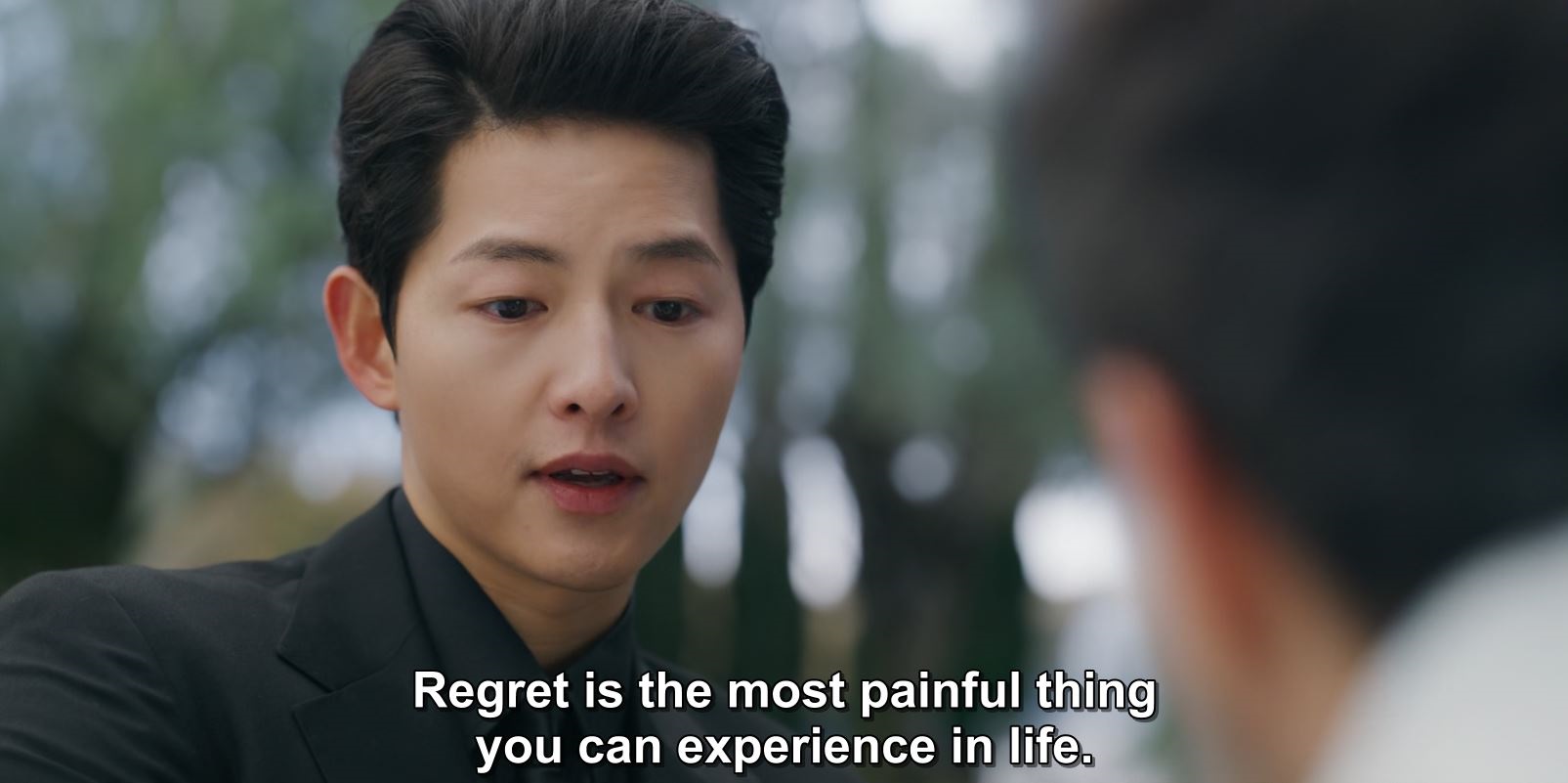
Again, a reminder that the financial markets are PvP arenas. Unlike regular fighting competitions, there are no weight-classes. From the noob still in university to the big hedge funds, it is a battle royale with no morals and no standards. Whoever walks out alive with more than what he started with is a winner, no matter how small.
In the end, do not forget that you are playing against real players. You know the art of war, they know the Thirty-Six Stratagems (a series of stratagems used in politics, war, and civil interaction) too.
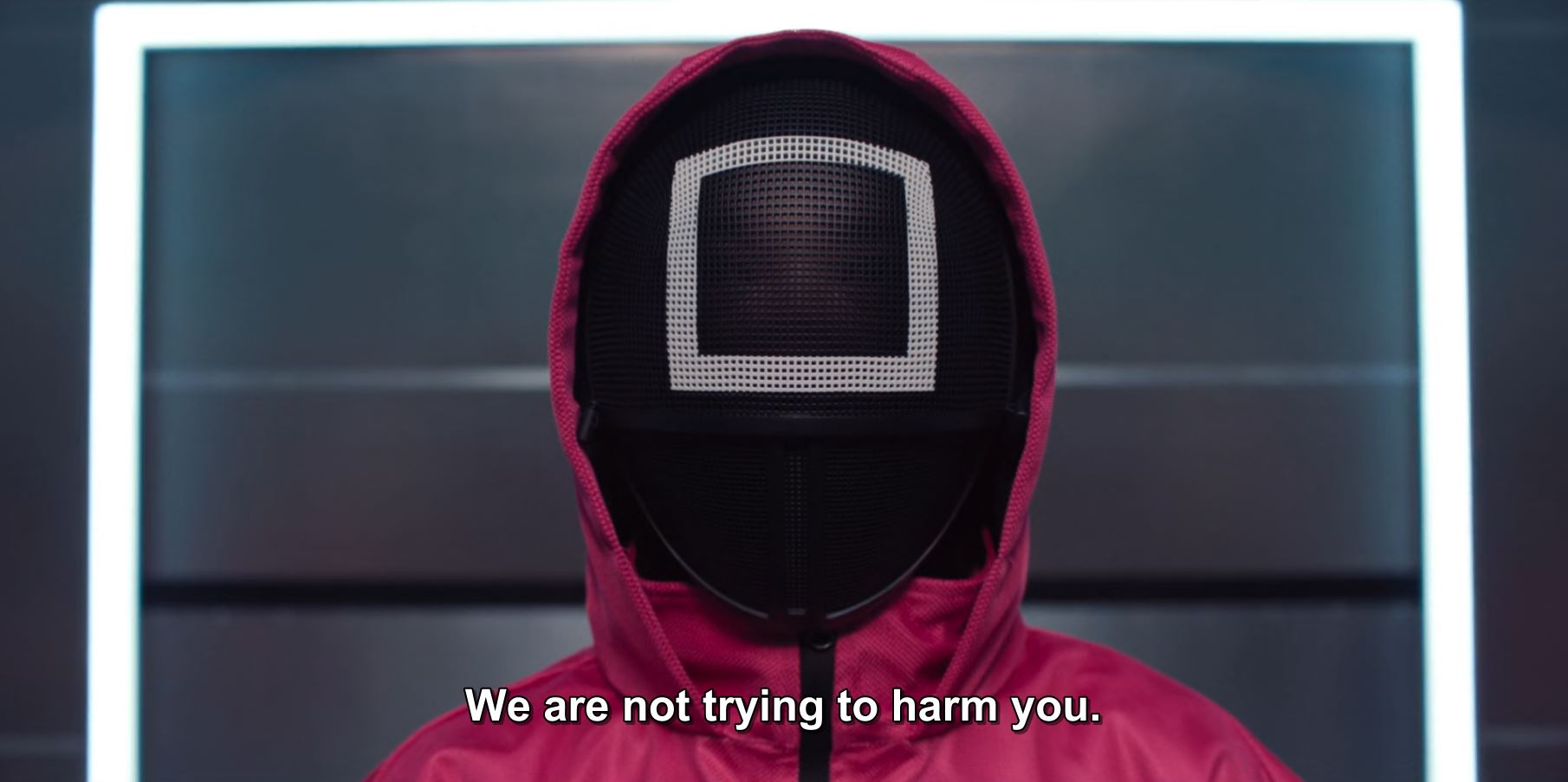
夫將兵者,不戰則守,不守則走,不走則逃,不逃則死。- 司馬懿
商場如戰場,而作為商場的延續,股市也是一個戰場。但坐在舒適的房間或辦公室裡,對著屏幕,大家沒有真切的意識到經融市場這個零和遊戲其實就是一個大型PvP(遊戲用語,指玩家對玩家)廝殺的場地。每一分獲利都是從某個人身上刮下來的血汗錢。今天我也用我的投資做例子。
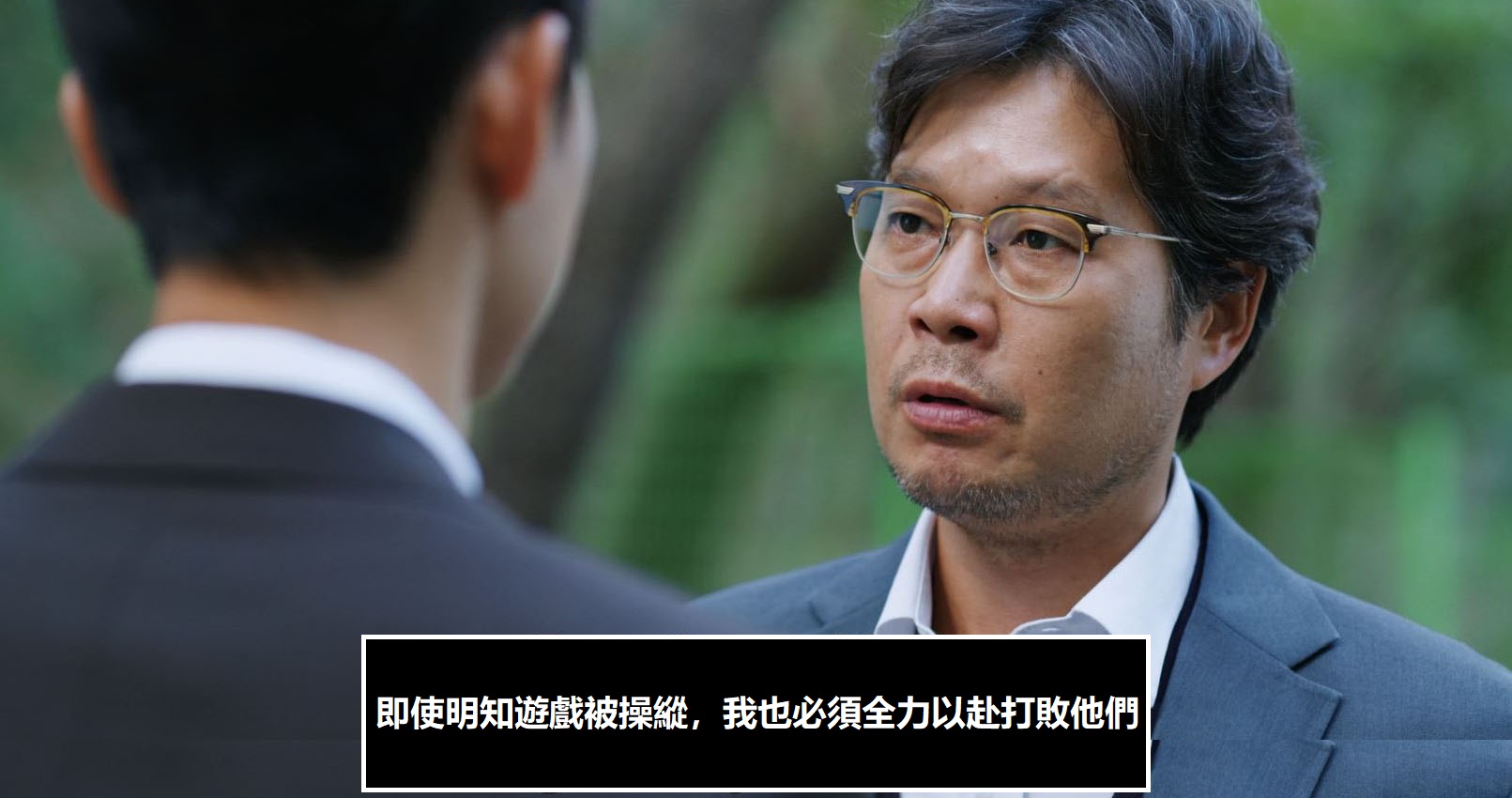
戰:福壽園是一個我非常有信心的股票,但是股價一直在跌。我建倉價是$4.15,但是現在已經跌到$2.90了。在戰場,士兵都是一波一波的上前進攻的。第一波不成,上第二波,再上第三波等等。同理,每跌5%,我都會再進一筆資金把均價打下。福壽園跌到這個價格不是我預料到的,但我有為此而準備。所以我會一直戰下去,直到‘攻下’為止。
守:今年年初我投了以太幣好一些錢。可惜它一度跌到1400USDT左右。我戰了一下,把均價打到2350就不敢再戰,轉攻為守。因為是現貨,所以能死守。現在價格已是4500。守也能勝,但不會比繼續進攻贏得多。一份風險一份收穫。但是我們不該冒不必要的險。
走:簡單說,就是設了止損。到點就走。損失一些,但是大體沒事。
逃:經融市場時常把我們殺個出其不意。加密貨幣時常大漲大跌,股市也不罕見。又有誰能猜到原油能跌到-$20呢?當這種出乎你意料的離譜事情發生時,抓緊逃。雖是斷臂求生,但留著青山在,不怕沒柴燒。
死:什麼都不做,無論是反應不過來或是不肯有任何行動,只希望運氣能拯救你,那就必死無疑(爆倉)。

孫子曰:凡用兵之法,馳車千駟,革車千乘,帶甲十萬,千里饋糧,則內外之費,賓客之用,膠漆之材,車甲之奉,日費千金,然後十萬之師舉矣。
大白話就是:
孫子說:一般而言,用兵作戰的法則是這樣的:
動用輕型戰車千輛、重型戰車千輛,全副武裝的士兵十萬人,還要千里迢迢運送糧食。那麼前後方的軍費開支,外交使節往來的費用,作戰器材的保養維護,車輛盔甲的供給,每天都要耗費巨額資金,這樣之後,十萬大軍才能出動。
我們需知上戰場前,需要做的準備工作很多。在經融市場投入10萬元之前,我們做好準備了嗎?了解了國際形勢和投資國的內政了嗎?對公司深入研究了嗎?有沒有備用計劃?有沒有足夠資金以防萬一?做好失敗的覺悟了嗎?
但卻有很多人什麼準備都不做,拿了10萬元直接投進去。

設想現在孫武做好了一切準備,現在站在敵軍面前。他突然轉向你,告訴你:“老子舉兵10萬,第一波我就梭哈(all in)進去了!”吳王會什麼反應?你會什麼反應?離譜對吧?打仗肯定得一波一波的上啊。
那為什麼那麼多人在建倉的第一波要嘛重倉,要嘛梭哈呢?定會有人爭辯:股市和戰場還是有區別的。只要做好了功課,瞄準時機,梭哈進去才是正道。太保守只會浪費前期做的準備,錯失大把獲利!雖有理,但又有幾個人真的能瞄準市場呢?風險和回報不成對比啊。

公元前342年,馬陵之戰,齊國和魏國打了一仗。次將龐涓追擊齊軍3日。齊軍在孫臏的指揮下,連續3日避戰示弱,第一天挖10萬人煮食用的灶,第二天5萬,第三天3萬,造成齊軍叛逃,兵力不足的假象。龐涓丢下步兵,以轻车精锐骑兵兼程追击。魏軍隨後被埋伏,最終10萬大軍全軍覆沒,從此不振,退出爭霸天下的舞台。而齊軍只傷亡2100人。
這樣的故事是不是在股市上很熟悉?看到價格上漲,大家都擔心錯失良機,著急入場,甚至加槓桿梭哈,最後被埋伏,直接被套甚至爆倉,導致積蓄掃光或者負債,長時間退出經融市場。是的,我交易的風格很保守,但我也常說,經融市場裡的第一目標永遠是存活,獲利才是次要目標。只有還在場內,才能有談獲利的資格。

再次提醒,經融市場是個大型PvP廝殺的現場。和普通拳擊賽不同,經融市場是沒有重量級別的。從還在大學裡的菜鳥到對衝基金,這是一個沒有規則沒有道德,大家互相殘殺的地方。誰能活著帶走比進場時更多的資源,不管多少,誰就是贏家。
到最後,可別忘了自己是和其他真實玩家對著幹的。你會兵法,人家也會三十六計。

Showing 1 - 3 out of 3
Page 1 out of 1
| - | Shop Products | Price | |
|---|---|---|---|
|
|
$99,999.00
|
||
|
|
$1.00
|
||
|
|
Price range: $69.00 through $99.00
|


